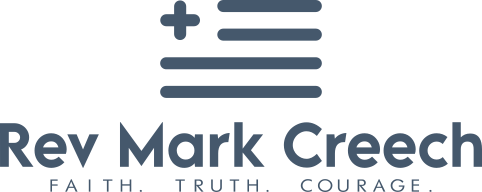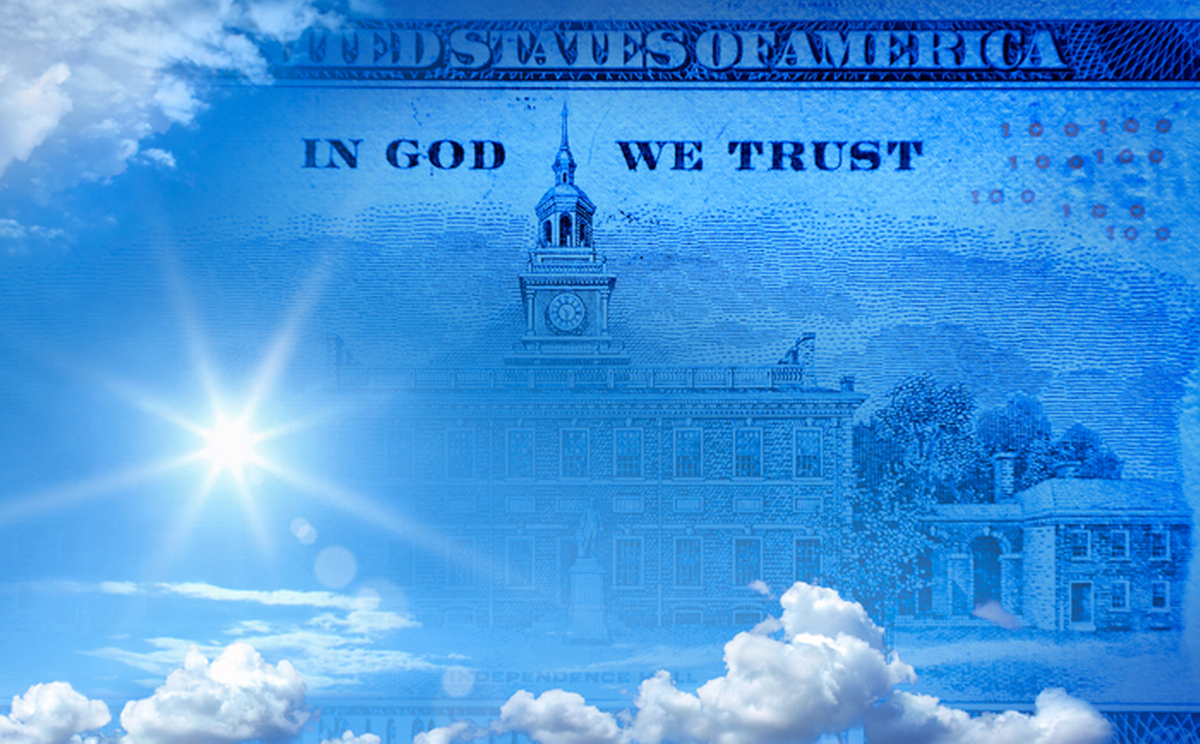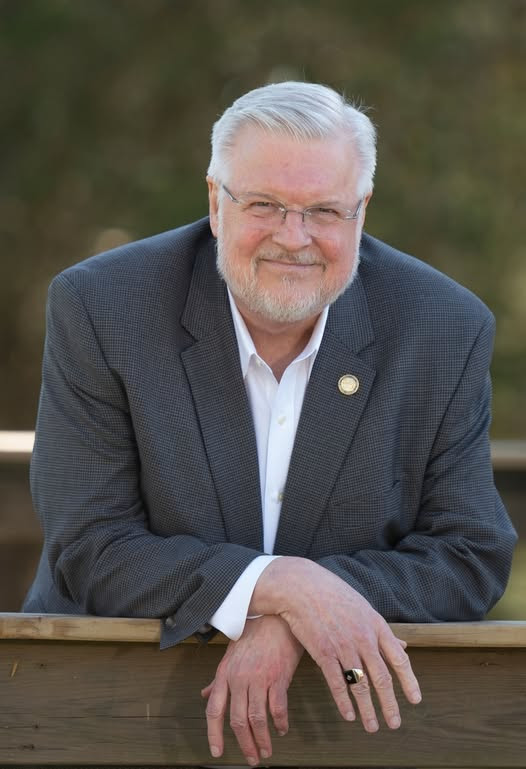By Dr. Mark Creech
Return America
On July 30, 1956, President Dwight D. Eisenhower signed into law a declaration making “In God We Trust” the official motto of the United States. It formally replaced the Latin phrase E Pluribus Unum – “Out of many, one” – which, though long cherished, had never been officially adopted by Congress.
This was no mere semantic shift. The choice of motto came at the height of the Cold War, when America was locked in a struggle not only of arms and ideology, but of spirit. Against the atheistic creed of Soviet communism, our nation reaffirmed its identity as one that acknowledges dependence upon the Almighty.
Yet this was hardly a new impulse. References to God are woven throughout our national heritage, etched into the Declaration of Independence, invoked by Lincoln in his calls to a “nation under God,” and echoed in countless prayers, proclamations, and public observances. Eisenhower’s decision in 1956 was less a departure from tradition than a renewal of it.
Not everyone has welcomed the motto. Court challenges have argued that the phrase violates the constitutional separation of church and state. But time and again, the courts have upheld its place, regarding it as part of our nation’s ceremonial and historical fabric. Today, “In God We Trust” is emblazoned on every piece of American currency, engraved on government buildings, inscribed on license plates, and celebrated in state resolutions across the land.
However, the motto is not only a matter of national symbolism; it continues to speak to the identity of states like North Carolina. Earlier this year, the North Carolina General Assembly considered House Bill 16, titled “In God We Trust – Display.” The measure called for the national motto to be placed prominently in both chambers of the legislature – directly above and behind the Speaker’s dais in the House and the President’s dais in the Senate. The display would mirror the historic presentation in the U.S. House of Representatives, linking our state’s halls of power to that enduring national tradition.
The bill passed the House by an overwhelming margin of 100–17, a rare show of bipartisan agreement in a time when consensus is often elusive. The measure was championed by Rep. Ben T. Moss, Jr., a three-term Republican legislator who has been clear in his conviction that affirming our national motto in such a visible place would serve as a powerful reminder of the values that undergird our freedoms.
Yet, despite its overwhelming support in the House, the Senate has quietly shuffled the legislation to the Senate Rules Committee, where it now sits in limbo. Lawmakers could take it up when they return later this year to address unfinished business or leave it until the Short Session convenes in May 2026. The encouraging news is that the measure may only be delayed and not dead.
Some speculate that, even if it passes, Governor Josh Stein will veto the bill. Let him, if he chooses. “In God We Trust” is so deeply ingrained in the American psyche that a veto of such legislation would not only stand against history and heritage but also seriously risk eroding the Governor’s standing with the vast majority of North Carolinians. His veto would likely be overridden.
Some dismiss this legislation as mere symbolism, but nothing could be further from the truth. Symbols shape culture, and culture shapes law. Placing “In God We Trust” above the dais in our state’s chambers would be a visible affirmation that anchors public policy in enduring moral values and fosters a culture of ethical responsibility. It is far more than a decorative gesture; it reminds us that our laws and government are rooted in a tradition that honors divine guidance and accountability. Without God as the ultimate source of truth and authority, the very foundation of our unalienable rights would crumble, for only under Him can those rights be secure.
Moreover, in a day when secularism seeks to scrub the mention of God from every vestige of public life, the motto’s presence in the General Assembly would stand as a public witness that faith is not a relic of the past but a living truth at the heart of our national identity. When division seems to plague everything, “In God We Trust” remains one of the few declarations that point us to the one thing that can bring us together – our trust in God and the unchangeable truths of His Word.
The late President John F. Kennedy, in a 1961 speech, said:
“No man who enters upon the office to which I have succeeded can fail to recognize how every president of the United States has placed special reliance upon his faith in God. Every president has taken comfort and courage when told…that the Lord ‘will be with thee. He will not fail thee nor forsake thee. Fear not – neither be dismayed’…Each of our presidents in his own way has placed a special trust in God. Those who were strongest intellectually were also strongest spiritually….
“Let us…lead this land that we love, joining in the prayer of General George Washington in 1783, ‘that God would have you in His holy protection, that He would incline the hearts of the citizens…to entertain a brotherly love and affection one for another…and finally that He would most graciously be pleased to dispose us all to justice, to love mercy, and to demean ourselves with…the characteristics of the Divine Author of our blessed religion, without an humble imitation of whose example we can never hope to be a happy nation.”
Such beautiful words transcend politics. They speak across party lines and generations, echoing through the chambers of government to affirm a common bond: we are a people who trust in something greater than ourselves. This is a profound truth that every state lawmaker should see and remember every day they walk into the House and Senate chambers.
Amen – So let it be!


